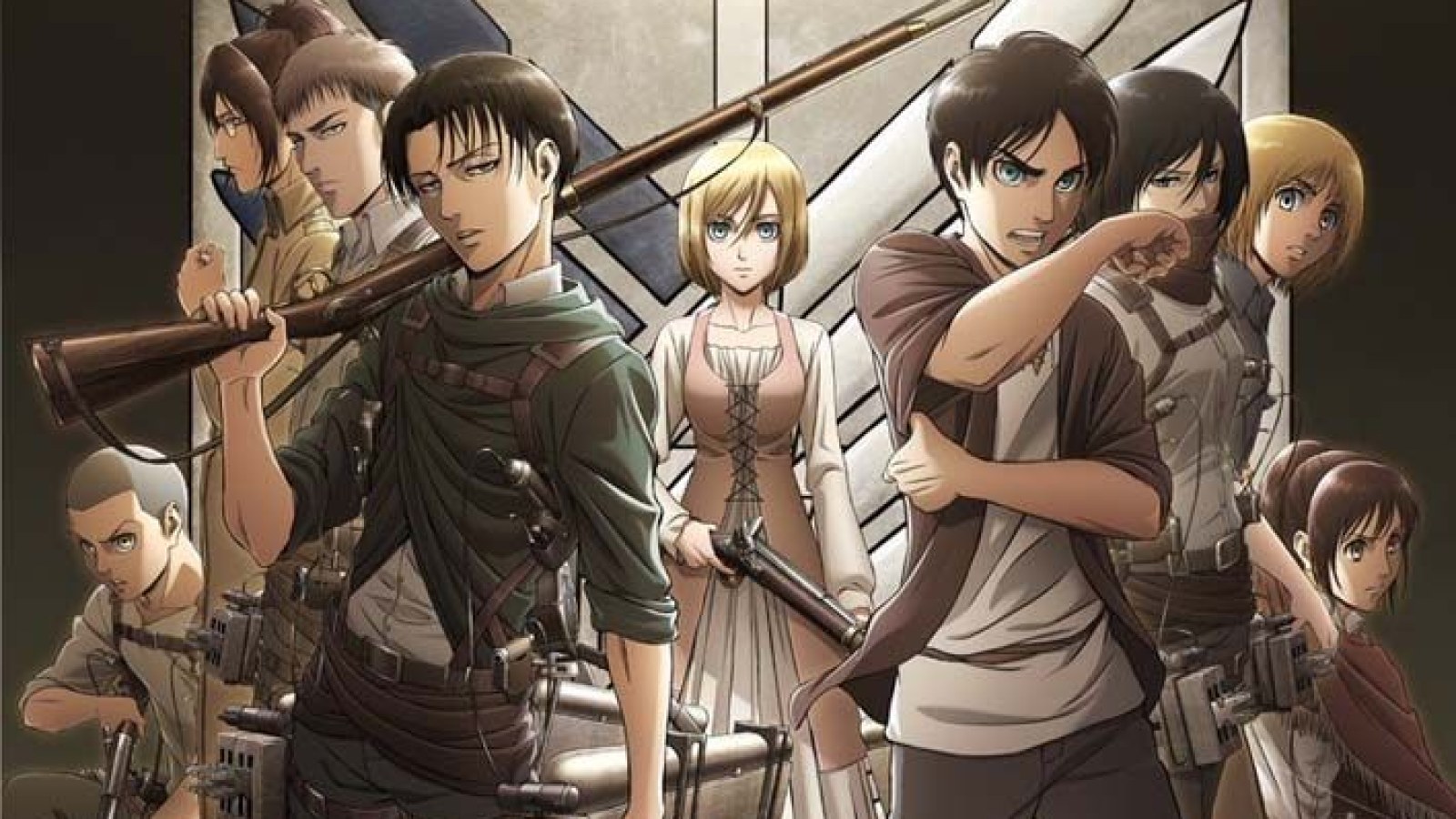
A Must-Play for Attack on Titan Fans
Sat May 10 2025
Final Fantasy XVI has emerged as one of the most intense, narrative-driven entries in the franchise to date, and fans of Attack on Titan may find themselves unexpectedly at home in this darker take on the beloved RPG series. With its brooding atmosphere, mythic-scale threats, and a protagonist struggling against fate, FFXVI taps into the same emotional depth and visceral storytelling that makes Attack on Titan such a phenomenon.
If you’ve never played a Final Fantasy game before, or if you’re an anime fan looking for a gripping new experience, this article is your deep dive into why Final Fantasy XVI might be the perfect game for you. Let’s unpack its compelling world, combat systems, narrative structure, and how it draws emotional parallels to Hajime Isayama’s titan-filled saga.
A World at War, Much Like Eldia vs Marley
Set in the realm of Valisthea, Final Fantasy XVI takes place in a land split between nations that rely on magical Crystals to survive. These Crystals grant people the ability to wield elemental magic, but they also become the source of countless wars, betrayals, and political intrigue. This isn’t your typical fantasy playground — the world is grim, realistic, and relentlessly brutal.
Fans of Attack on Titan will recognize this duality: a society built on a system that protects a few at the cost of many. Just as Eldians are treated as second-class citizens by Marley, the magic-less Bearers in FFXVI are slaves to the very powers that their society depends upon. It’s a sobering world where even the heroes are flawed and the lines between good and evil blur constantly.
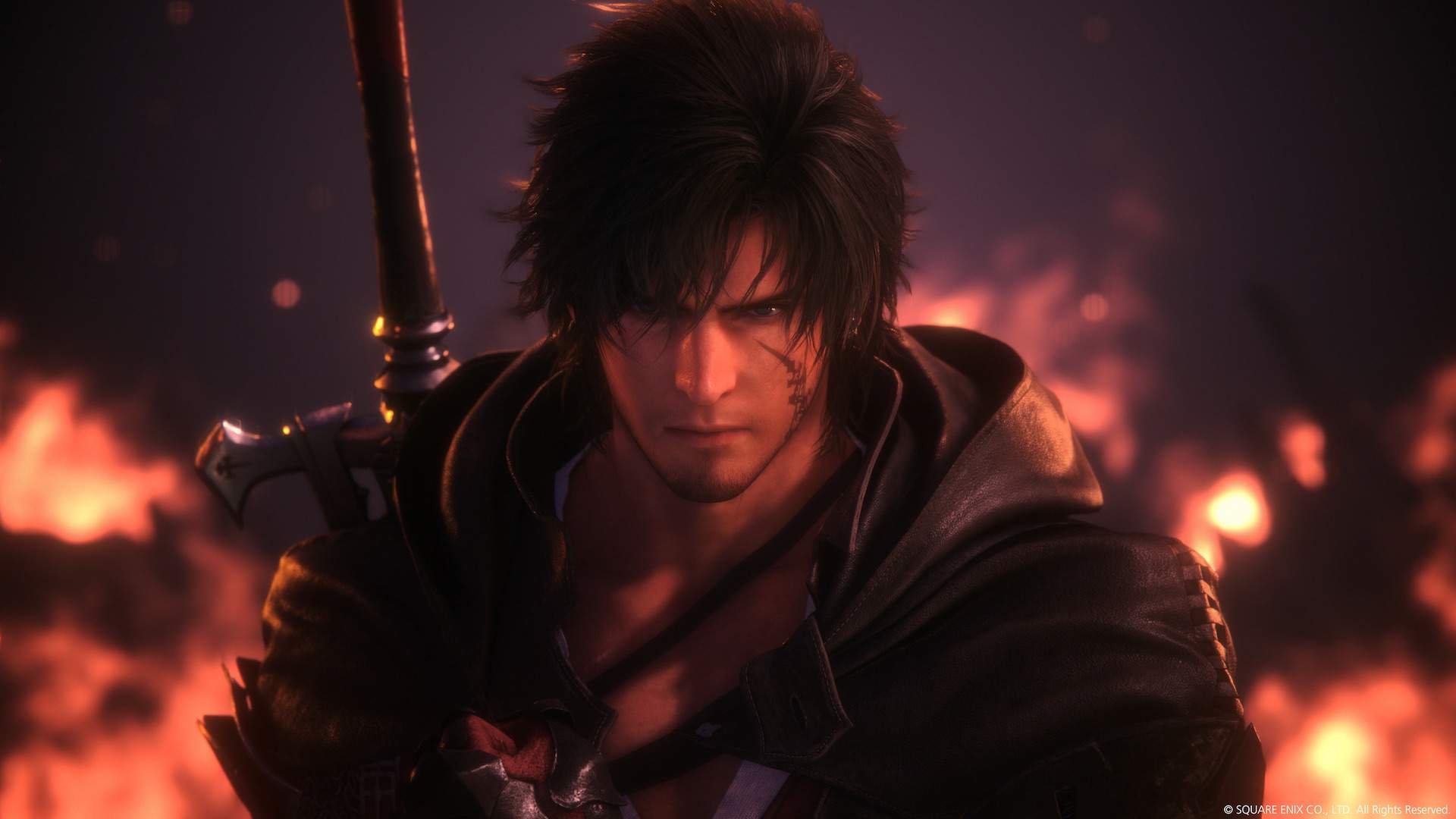
Clive Rosfield: Your Eren Yeager?
Clive Rosfield, the protagonist of Final Fantasy XVI, begins his journey as a loyal protector to his younger brother Joshua, the chosen Dominant of the Phoenix Eikon. Tragedy strikes early, setting Clive on a path of vengeance, identity crisis, and eventual revolution. Like Eren, he’s defined by trauma and loss, and much of the game revolves around how he processes this trauma — whether through violence, control, or compassion.
Clive is not your typical heroic Final Fantasy lead. He’s angry, wounded, and prone to violence. His arc echoes Eren’s descent from a boy seeking justice to a man drowning in morally complex choices. Both characters carry an immense burden — not only for what they can do, but for what they must do, regardless of the cost.
And that cost is felt deeply. Every Eikon fight, every moment of choice, chips away at Clive’s humanity. You feel it in his voice acting, in the weary way he interacts with his allies, and in how the world responds to his presence. He’s not a blank slate. He’s a storm contained within flesh, ready to erupt at any time.
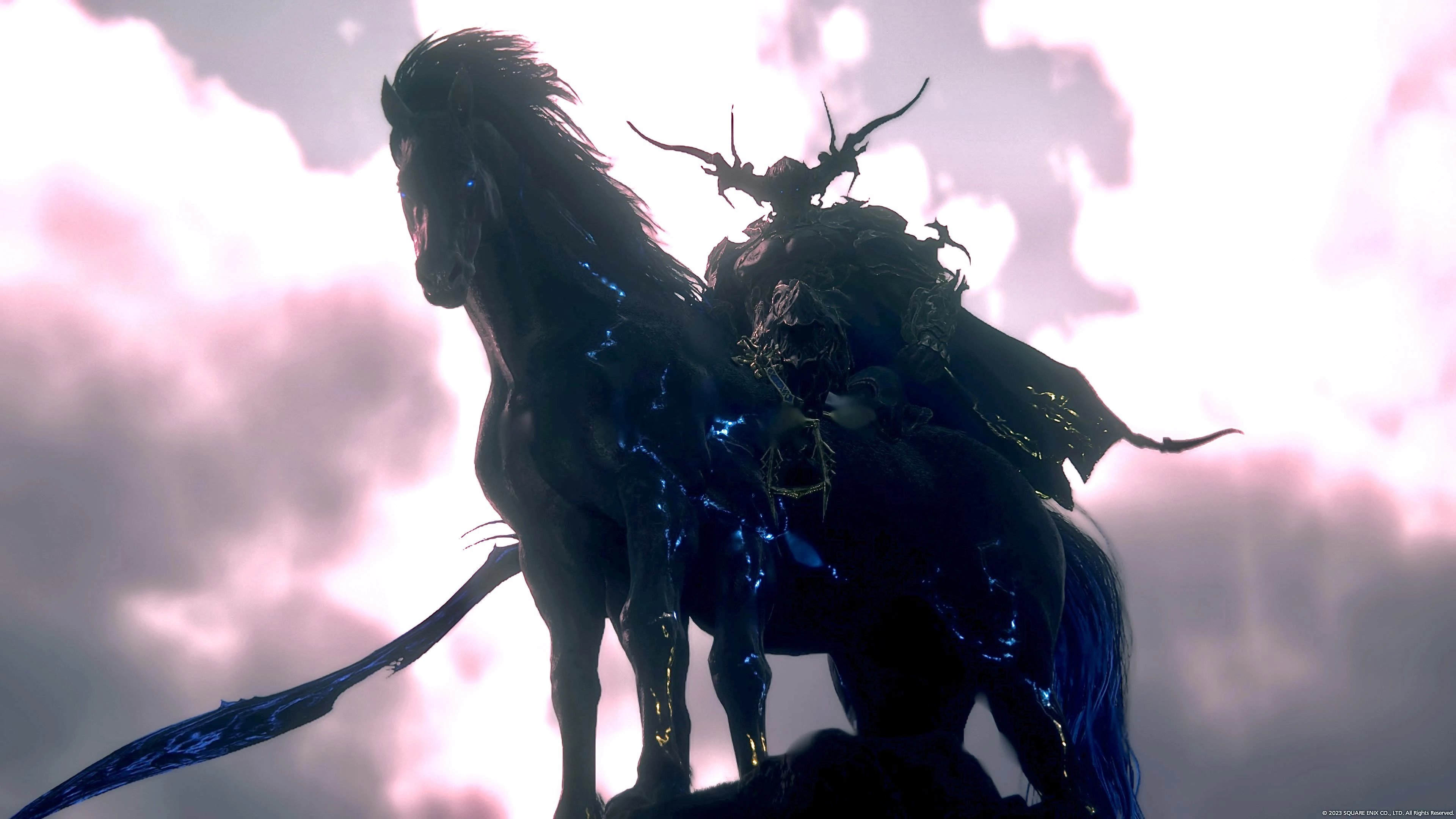
Eikons: The Titans of Valisthea
Perhaps the most striking similarity between FFXVI and Attack on Titan lies in the Eikons. These colossal elemental gods are bound to Dominants — humans capable of transforming into them. When Clive encounters Eikon battles, the screen shakes with cinematic fury. Firestorms roar, mountains shatter, and gravity itself seems to bend.
It’s impossible not to draw comparisons to the Titans. Both Eikons and Titans are terrifying forces of nature that can both save and destroy entire civilizations. Dominants, like Titan shifters, face the psychological cost of wielding such power. What begins as a gift slowly becomes a curse.
Clive's journey to understand his own connection to these powers is at the heart of the story. It’s not just about strength — it’s about identity, legacy, and the burden of change. These aren’t just boss fights. They’re visual metaphors for inner turmoil and systemic violence.
The Combat System: Cinematic, Stylish, and Violent
FFXVI ditches the traditional turn-based or even hybrid Active Time Battle systems of older titles in favor of real-time action combat, overseen by Ryota Suzuki — the lead designer behind Devil May Cry 5. The result is smooth, flashy, and intense.
Combat feels responsive and personal. Clive can equip abilities from various Eikons, giving you control over elemental powers mid-battle. This leads to some of the most satisfying combinations: fire-infused sword strikes followed by lightning dodges and wind-powered slashes.
Enemy encounters vary from quick brawls to massive, cinematic boss fights where the camera swings wide to capture the full scale of the chaos. If you ever watched Attack on Titan’s Levi tearing through a swarm of Titans in ODM gear and thought, “I want to feel that,” FFXVI’s combat gets you close.
And while it’s action-heavy, it’s not just about button-mashing. You’ll need to time parries, stagger enemies with combos, and make decisions on the fly based on your current loadout. There’s room to grow, master skills, and tailor your approach — all while keeping the adrenaline pumping.
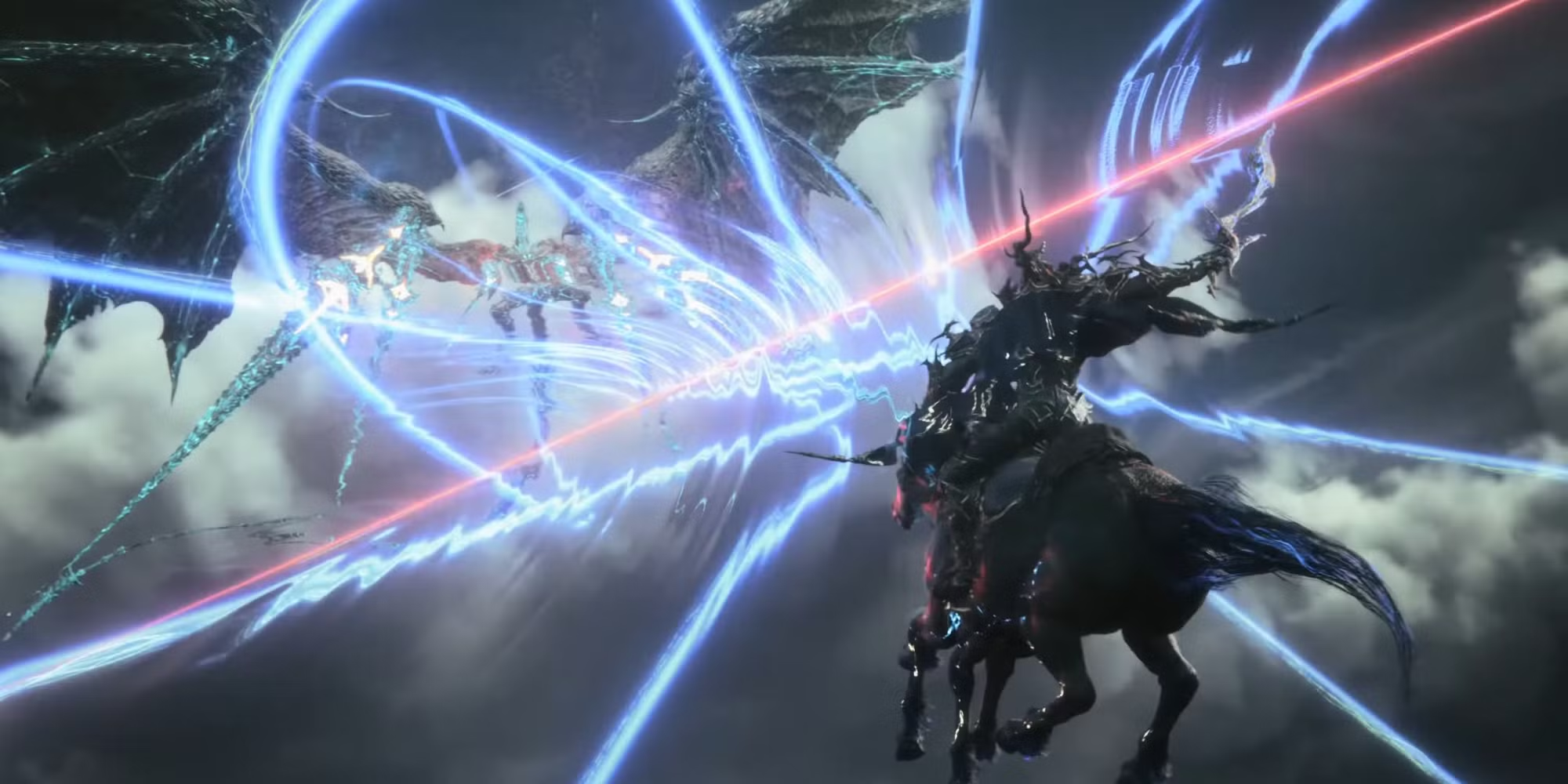
Political Intrigue and Brutal Consequences
Like the slow burn of Marleyan politics and the endless betrayals between Eldia’s own factions, Final Fantasy XVI is steeped in complex political maneuvering. Each kingdom in Valisthea has its own agenda, and Clive often finds himself used, manipulated, or hunted by the very systems he’s trying to unravel.
The game doesn’t shy away from showing the consequences of power. Civilians suffer. Towns burn. Children cry out as their families are taken. The violence is not glamorized — it’s tragic. And much like Attack on Titan, even the antagonists are painted in shades of gray. Everyone has reasons. Everyone has blood on their hands.
The dialogues are mature and unafraid to dive into heavy subjects: religious dogma, slavery, genocide, and moral erosion. This isn't escapist fantasy. It’s a mirror held to our own histories, cloaked in magic and myth.
Soundtrack and Presentation
Masayoshi Soken’s score elevates the entire experience. From sweeping orchestral moments to quiet, melancholic piano refrains, the music carries the emotional weight of every scene. The Eikon battles feature their own unique musical arrangements, some of which wouldn’t be out of place in a Hollywood film.
The visuals are equally stunning. Whether you’re crossing a moonlit field under the shadow of a dead Titan or battling a fiery behemoth inside a crumbling cathedral, the presentation remains top-tier. The lighting, the particle effects, the way blood and dust cling to Clive’s armor — it’s all exquisitely rendered.
A Story Worth Fighting For
As you journey deeper into Clive’s story, the emotional resonance grows. You meet characters who love, who die, who betray, and who inspire. No one is safe. No one is perfect. The stakes remain high until the final moments.
The ending, without spoiling anything, offers a blend of resolution and melancholy. Much like Eren’s path, Clive’s fate leaves players reflecting on everything they sacrificed to reach the end. And in that final stretch, you understand that this was never just a game about war or power — it was a game about people.
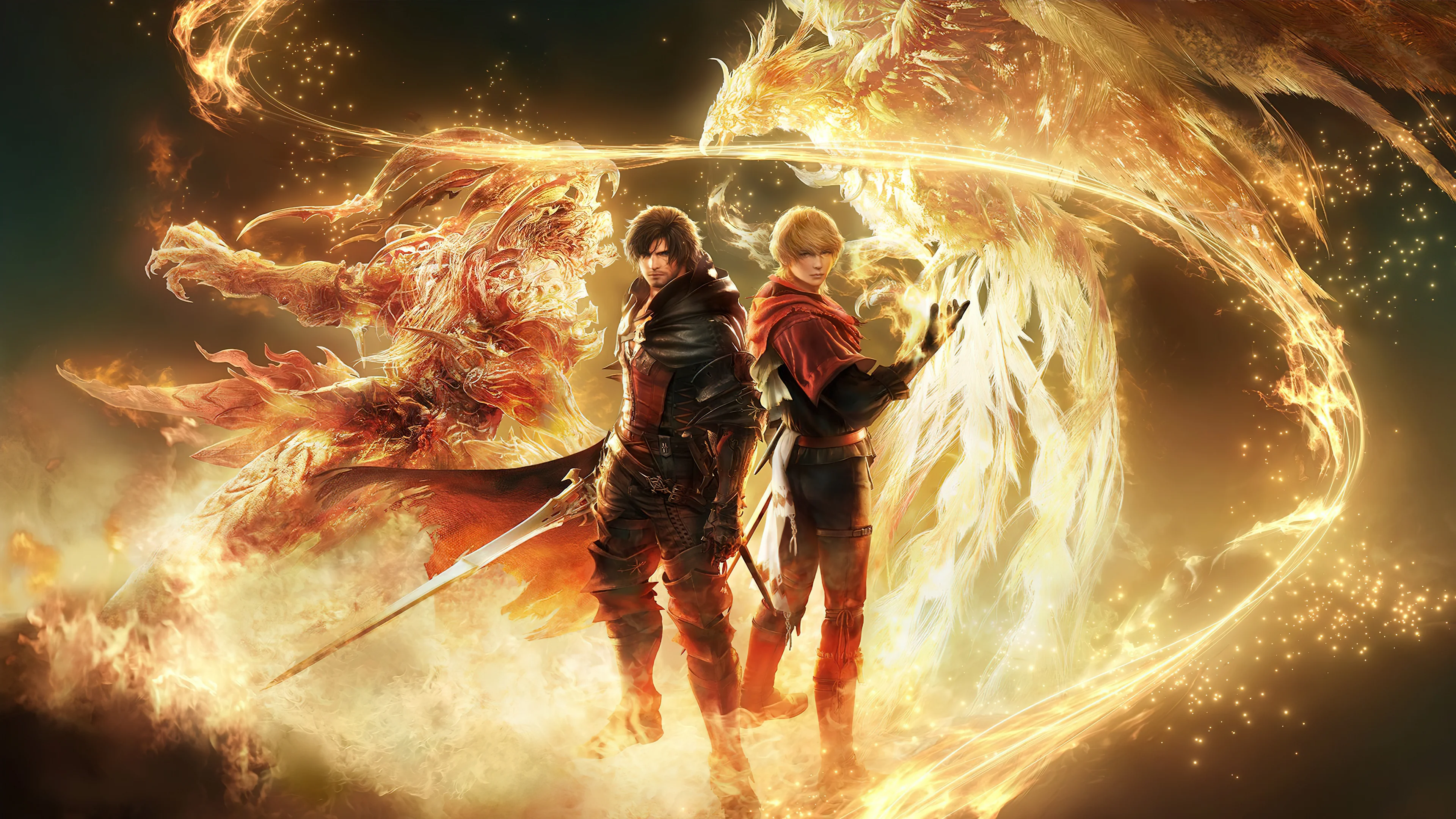
Final Thoughts: A Tale for Titan-Hearts
If you’re a fan of Attack on Titan for its emotional gravity, world-building, and complex protagonists, Final Fantasy XVI is absolutely worth your time. It delivers a similarly mature, high-stakes narrative with combat that thrills and a world that feels achingly real.
This is not your classic JRPG full of cheerful party banter and quirky side quests. This is the storm after the fall. The ashes after the blaze. And if you’re ready to experience a story where every choice matters and every loss feels like a wound, then Final Fantasy XVI will hit you in all the right places.
GameSoles will continue to follow updates on post-release content, community mods, and developer commentary. For now, consider this your call to arms.
Grab your sword, face the storm, and carve your path through Valisthea — one Eikon at a time.